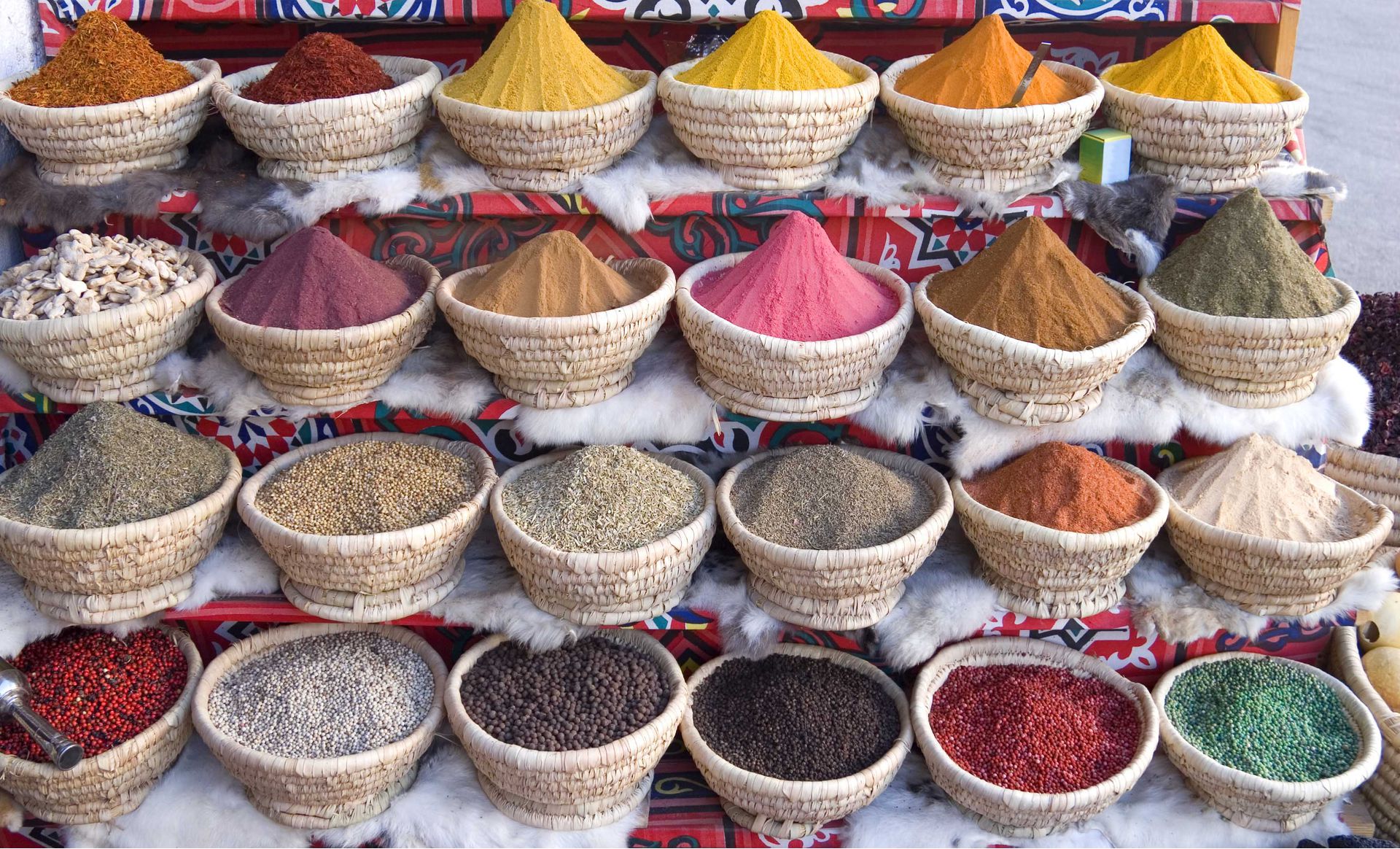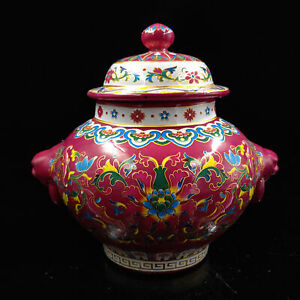Mo Shen Island People of Trade and Prosperity
The People of the Mo Shen Islands are, for the most part, peaceful farmers, Fishermen, and Craftsmen. Descendants of the Gong Ju Empire "Cathay" to Western traders. The Rich fertile lands of the Mo Shen islands are unique microclimate and naturally home to much unique flora and fauna used in the making of spices, herbs, and Medicinals. The islands although small have a lush jungle within the confines of the Jungle grow several species of Flowers and roots that are used in the making of Spices and some exotic dies and inks.
When the Moo Shen People settled on these islands almost 1000 years ago they brought with them some native herbs from Gong Ju. They found that these grew stronger and even more prolific on these islands. So much so that the Emperor of Gong Ju even prized them more and attempted to take control of the land from the Mo Shen people but the people resisted and won their freedom.
The Mo Shen People pride themselves on work and prosperity that will eventually lead to a sort of Serenity. This is in the religious teachings of the Famed Cai Lim Monastery and the Mo Shen People aspire to take to heart their religious principles. Traders from far and near are in such amazement about this concept that they hardly understand it, all they do know is that the people are very devoted to their craft and that the Mo Shen people harvest and produce such wondrous herbs and spices that they fetch high prices not only nearby but in far off markets. Ships known to be laden with these spices make profitable targets for pirates.
Even some of the more rudimentary herbs and spices fetch a better price if known to come from Mo Shen island. Common Spices such as Ginger, Pepper, and Lemongrass.
Medicinal herbs such as Morenga, Shimmer Seed, Monk's Bayleaf, Demon Grass, and Emerald Bark are highly prized for their properties of healing and restoration by healers, apothecaries, and Alchemists and can fetch high prices abroad. Many of these exotic herbs and spices come in beautiful artistic jars oof all shapes and sizes.
More exotic spices even rare to come by can be obtained if you know the right people. The Sea Elves are eager to purchase the Wild Lavender and Tiger Saffron for the making of tea popular with the High Elf Nobility. It is rumored that the king of Ageron has a fondness for Blood Celery in his salads and stews that can only be harvested during a full Blood moon.
It is said that the Mo Shen Island monks of the Cai Lim monastery harvest a vine deep within their island's tunnels called a cave creeper that when dried and smoked can bring forth stronger and clearer visions and Spiritual awareness. Only a few foreigners are aware of this rarest herb and that have some standing or relationship with the Monasteries masters.
Many of the Mo Shen People are such skilled propagators of plants their skills and advice are sought abroad. The People have such a level of focus and devotion to work that other cultures often seek to learn from the Mo Shen people.
The mastery of the Islands Flora and Fauna by the Mo Shen people expands on the use and application of these raw materials that the island culture has even become adept at and bringing out some of the most Brilliant Colors in inks, Dyes, and Paints in all of Voltera. Brilliant Reds, Blues, Purples along with the bright Orange worn by many Monks from the Kai Lim monastery are also prized and sought after.
The Culture of the Mo Shen islands is one of Peaceful Trade, Hard Work, and Serenity from the outside some look on with amazement and wonder others with envy and jealousy but one thing is clear the culture has developed into one of the jewels of Voltera.
Culture
Culture and cultural heritage
The Mo Shen Culture reflects much like that of the Real World "Ancient China"
People of the Mo Shen islands take pride in work and their professions they believe doing good hard work is a reflection of one's soul and a path to Serenity and Prosperity. The Mo Shen people try to pass this on to the youth as part of their cultural heritage but with greater exposer to foreign lands, some of the younger generations tend to look less towards past cultural ideals and rebel and strive to establish new ones or sometimes leave the Mo Shen islands in shame or as family outcasts.
Shared customary codes and values
Customary codes of the Mo Shen people typically believe in Hard work, which leads to prosperity for one's family and eventually harmony and serenity with one's family friends, and community.
They believe in sharing blessings with their neighbors and community and aspire to earn respect and honor from the same.
Common Etiquette rules
It is common to bow to show a sign of respect when greeting anyone this can be a minor nod for acquaintances clasping one hands and clearer bows show respect.
It is a sign of respect if you are invited to a home of the Mo Shen People that one removes their shoes before entering. If one is asked to do so and their shoes are placed on the left side of the doorway they are considered an unexpected guest. If your shoes are placed on the right side one is considered to be a welcome or expected guest. Greeters or Masters of the home will arrange and place shoes accordingly after one enters.
Art & Architecture
The Mo Shen People put a lot of artistry into pottery and ceramics, even what is the most common of pottery is very beautiful in its design unless it is used for aging or very long term storage in an industrial capacity.
The written language is considered to be a divine gift and it is considered a sign of great respect passing written words on to family, friends, and that one holds in high regard with letters for all sorts of occasions. you will see much artistry in the written word and signs.
The Mo Shen people, for the most part, live in simple wooden homes although there are more elaborate homes for wealthier or prosperous families, temples, community gathering centers, and Military structures and monestaries.
Common Customs, traditions and rituals
It is customary to serve Tea and small cakes to a guest Brought into the Home. If the family is too poor to afford small cakes with their tea then it is traditional and accepted to offer Tea and Fruit or bread or if truly poor to offer only Tea.
A house without Tea is to be considered very bad luck the Mo Shen People will go out of their way to ensure that there is enough Tea in the home. Bringing a gift of your favorite tea is considered a sign of respect and wishing of blessings and good fortune for the family or people of the house.
Taverns and Businesses that Serve hard drinks or alcohol are only open during evening hours after sunset you will see that most of them have small open window stands or gardens that do serve food and Tea or other Nonalcoholic drinks from sunrise to sunset. People who drink alcohol during the daytime are considered nonproductive, selfish, disrespectful, or ignorant foreigners.
Birth & Baptismal Rites
All children Born in a Mo Shen Island Village Undergo a blessing and naming baptismal ceremony performed by a Cai Lim Monk or Elder before their reach 2 months of age. In this ceremony, the family takes in the Monk or Elder for a family feast and during the evening the Monk or Elder conducts a spiritual Meditation regarding the Newborn child and shares and sometimes records the vision for the families guidance and raising of the child sometimes these visions are viewed as prophecy.
Coming of Age Rites
When Children both boys and girls come of age at 13 this is the age that a child is expected to start living more like an adult. Coming of age gatherings are held for all children in the local community at the beginning of spring and summer a great community feast and festival are held and pretty much all labor within the community stops to participate. During the evening of the festival, each child coming of age steps up on a pedestal and announces to the community what they intend to do with their life or become. it can be a time of great blessing and joy if one child chooses to do something honorable but it can also be one of shock or surprise if one child announces something unexpected or shameful in such a public way it sometimes leads to gossip or scandal. On some occasions some children younger than 13 usually ones that are particularly gifted or outspoken have been known to announce their intentions at the final call of the cerimony.




